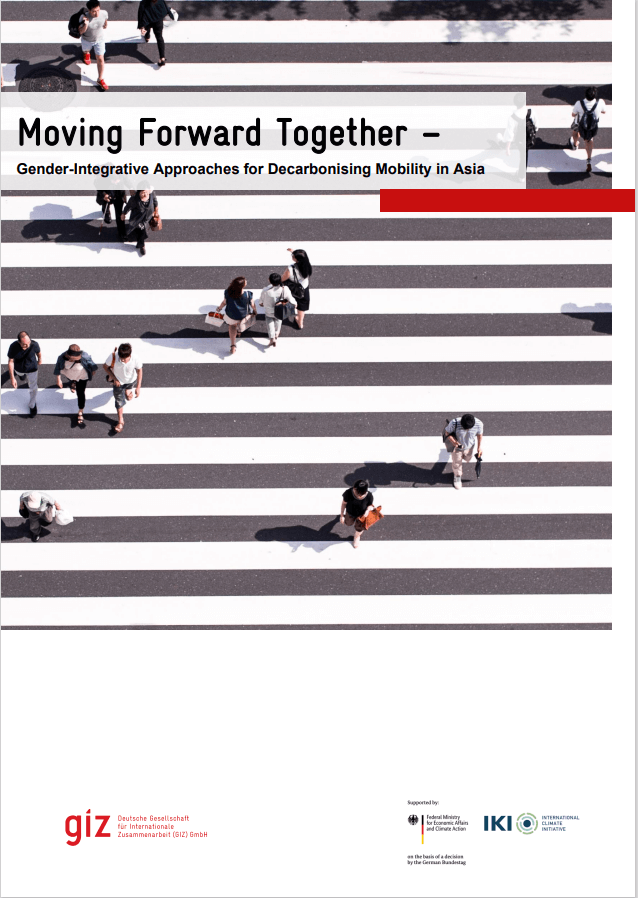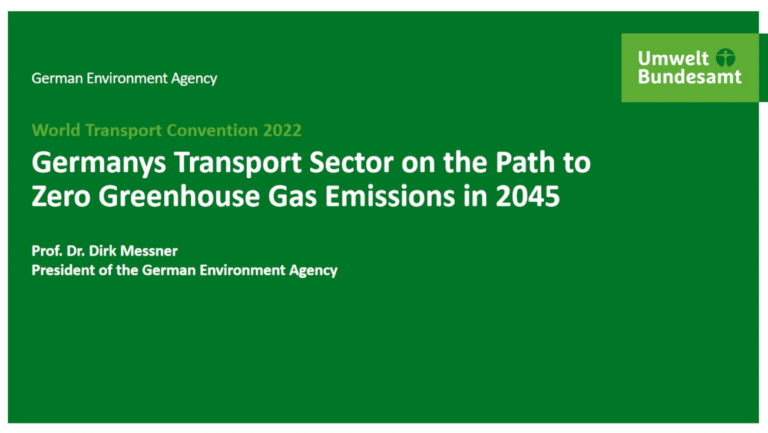Last week the Chinese government altered the subsidy scheme for new energy vehicles (NEVs). Linked to the second phase of the national EV development programme, the aim of the scheme is to drive the domestic NEV market and to increase the share of environmentally friendly cars on Chinese roads.
In 2013 the Chinese government renewed the policy for NEVs granting subsidies ranging from up to 35,000 yuan for plug-in hybrid electric vehicles and up to 60,000 yuan for fully electric-powered vehicles. New-energy buses and coaches are subsidized with up to 500,000 yuan per vehicle. Originally, the government had anticipated to lower NEV subsidies by 10% in 2014 and 20% in 2015. However, this plan has now been adjusted and subsidies will only be lowered by 5% in 2014 and 10% in 2015. Furthermore, the NEV subsidy policy is not anticipated to cease at the end of 2015 as originally planned but will likely be extended.
Local authorities are further requested to speed up infrastructure improvements for new-energy cars. In Beijing five charging stations and 35,700 charging posts for fully electric vehicles and plug-in hybrids will be constructed, as well as two hydrogen stations for fuel cell cars. Beijing’s authorities take additional action by integrating NEVs in the reformed license plate lottery system.
The GIZ China transport sector cooperates with Beijing’s Transport authorities on different aspects of the city’s transport network. The Electro-Mobility project focuses on electric vehicles in urban transport, while the TDM project and Sino-German Climate Change Programme consult on emission inventories and travel demand approaches.





